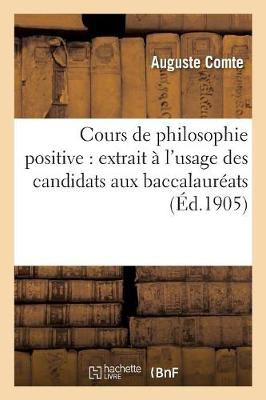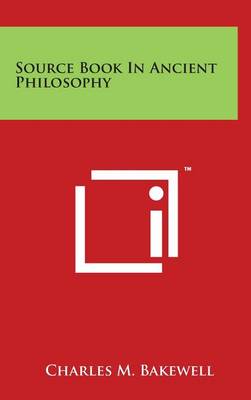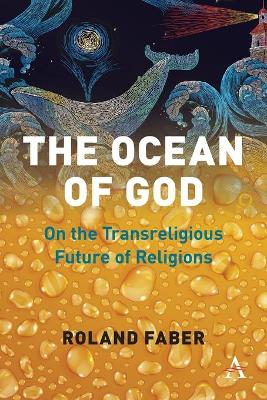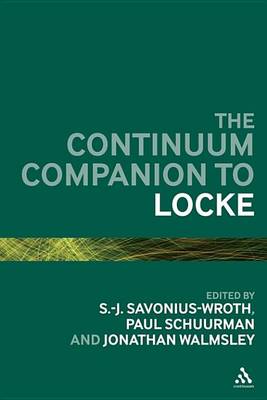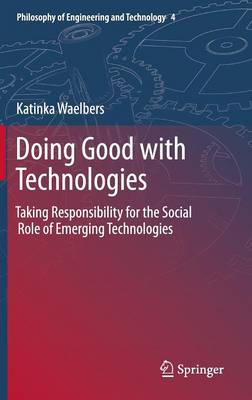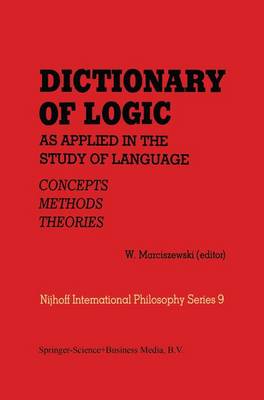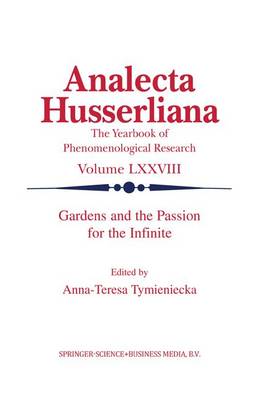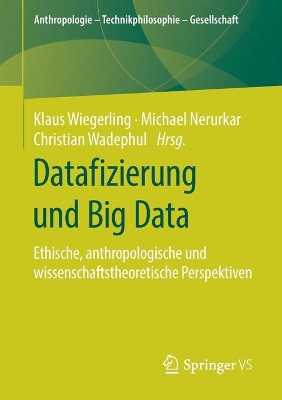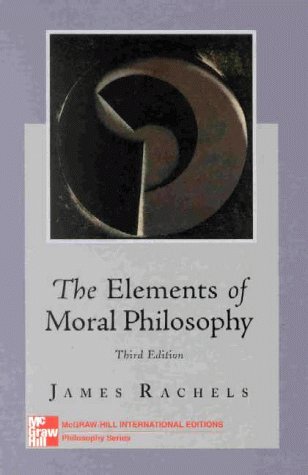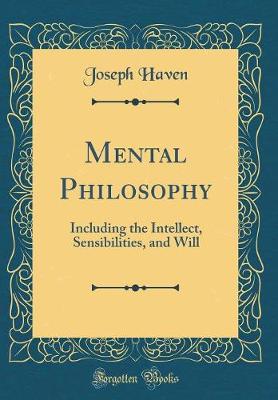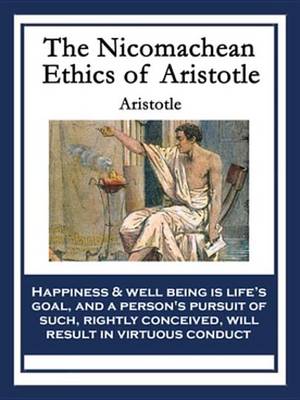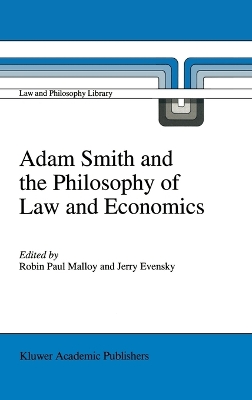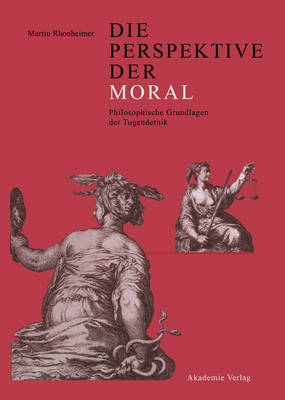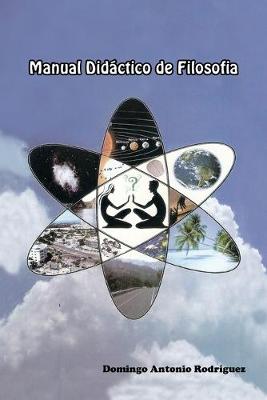Towards Synergism makes a powerful case for understanding the universe as a relational and self-organizing system. The author shows that human civilization serves as the center for the dynamic complexity of the system of our universe. The author encourages us to appreciate this vitally significant role of human civilization by arguing that human creativity, not exchange, is the motivational force for social progress. This book explores the current crisis of the human civilization project and the...
Cours de Philosophie Positive: Extrait A l'Usage Des Candidats Aux Baccalaureats (Philosophie)
by Comte-A
Rediscovering Phenomenology (Phaenomenologica, v. 182)
by Luciano Boi, Pierre Kerszberg, and Frederic Patras
This book proposes a new phenomenological analysis of the questions of perception and cognition which are of paramount importance for a better understanding of those processes which underlies the formation of knowledge and consciousness. It presents many clear arguments showing how a phenomenological perspective helps to deeply interpret most fundamental findings of current research in neurosciences and also in mathematical and physical sciences.
The Continuum Companion to Locke (Bloomsbury Companions) (Continuum Companions)
John Locke (1632-1704) was a leading seventeenth-century philosopher and widely considered to be the first of the British Empiricists. One of the most influential Enlightenment thinkers, his major works and central ideas have had a significant impact on the development of key areas in political philosophy and epistemology. This comprehensive and accessible guide to Locke's life and work includes more than 90 specially commissioned entries, written by a team of leading experts, covering every a...
Doing Good with Technologies: (Philosophy of Engineering and Technology, #4)
by Katinka Waelbers
20th century technologies like cars, the Internet, and the contraceptive pill have altered our actions, changed our perceptions and influenced our moral ideas, for better and worse. Upcoming technologies are bound to fulfill their own unique social roles. How can we advance this social role so that it will support the good live and limit undesired changes? This book explores whether we can take a forward looking responsibility to optimize the social roles of technologies. In doing so, the book d...
Dictionary of Logic as Applied in the Study of Language (Melbourne International Philosophy, #9)
1. STRUCTURE AND REFERENCES 1.1. The main part of the dictionary consists of alphabetically arranged articles concerned with basic logical theories and some other selected topics. Within each article a set of concepts is defined in their mutual relations. This way of defining concepts in the context of a theory provides better understand ing of ideas than that provided by isolated short defmitions. A disadvantage of this method is that it takes more time to look something up inside an extensive...
Gardens and the Passion for the Infinite (Analecta Husserliana, #78)
What essentially is a garden? Is it a small plot of land that we put aside to cultivate our favorite vegetables or to grow flowers for our personal enjoyment? Or is it a symbol, a mirror, a reflection of our human passions? The topic of the present volume is the mysterious ways in which Imaginatio Creatix plays within the human ingrowness in natural life, transposing dreams, nostalgias, and enchantments.
Datafizierung Und Big Data (Anthropologie - Technikphilosophie - Gesellschaft)
Die politischen Diskussionen zur Arbeitsmarktreform der rot-grunen Koalition 2002-2003
by Louis Schiemann
Socrates said that moral philosophy deals with "no small matter, but how we ought to live." This book is a lively, readable, and succinct contribution to that subject. In clear language, and with an emphasis on the practical application of moral philosophical theory to contemporary life, Rachels provides a stimulating introduction to the field of moral philosophy. Rachels makes clear the relevancy of ethics to contemporary life through his opening chapter that examines the 1983 Baby Jane Doe cas...
Damaris Cudworth Masham (1658-1708) was one of the very first English women to publish philosophical writings. Like all women of her period she was denied access to higher education, but she grew up accustomed to philosophical discourse as the daughter of Ralph Cudworth, the leading Cambridge Platonist. In 1685 she married Sir Francis Masham and went to live with him at Oates, Essex. For many years she was an intimate friend of John Locke; she also corresponded on philosophical topics with Leibn...
Adam Smith and the Philosophy of Law and Economics (Law and Philosophy Library, #20)
Adam Smith and the Philosophy of Law and Economics is a unique book. Malloy and Evensky bring together a team of international and interdisciplinary scholars to address the work of Adam Smith as it relates to law and economics. In addition to their own contributions, the book includes works by Dr. John W. Cairns of the University of Edinburgh, Dr. J. Ralph Lindgren of Lehigh University, Professor Kenneth A.B. Mackinnon of the University of Waikato, and the Honorable Richard A. Posner of t...
This book critically examines three distinct interpretations of Ludwig Wittgenstein, those of George Lindbeck, David Tracy, and David Burrell, while paying special attention to the topic of interreligious disagreement. In theological and philosophical work on interreligious communication, Ludwig Wittgenstein has been interpreted in very different, sometimes contradicting ways. This is partly due to the nature of Wittgenstein's philosophical investigation, which does not consist of a theory nor d...



